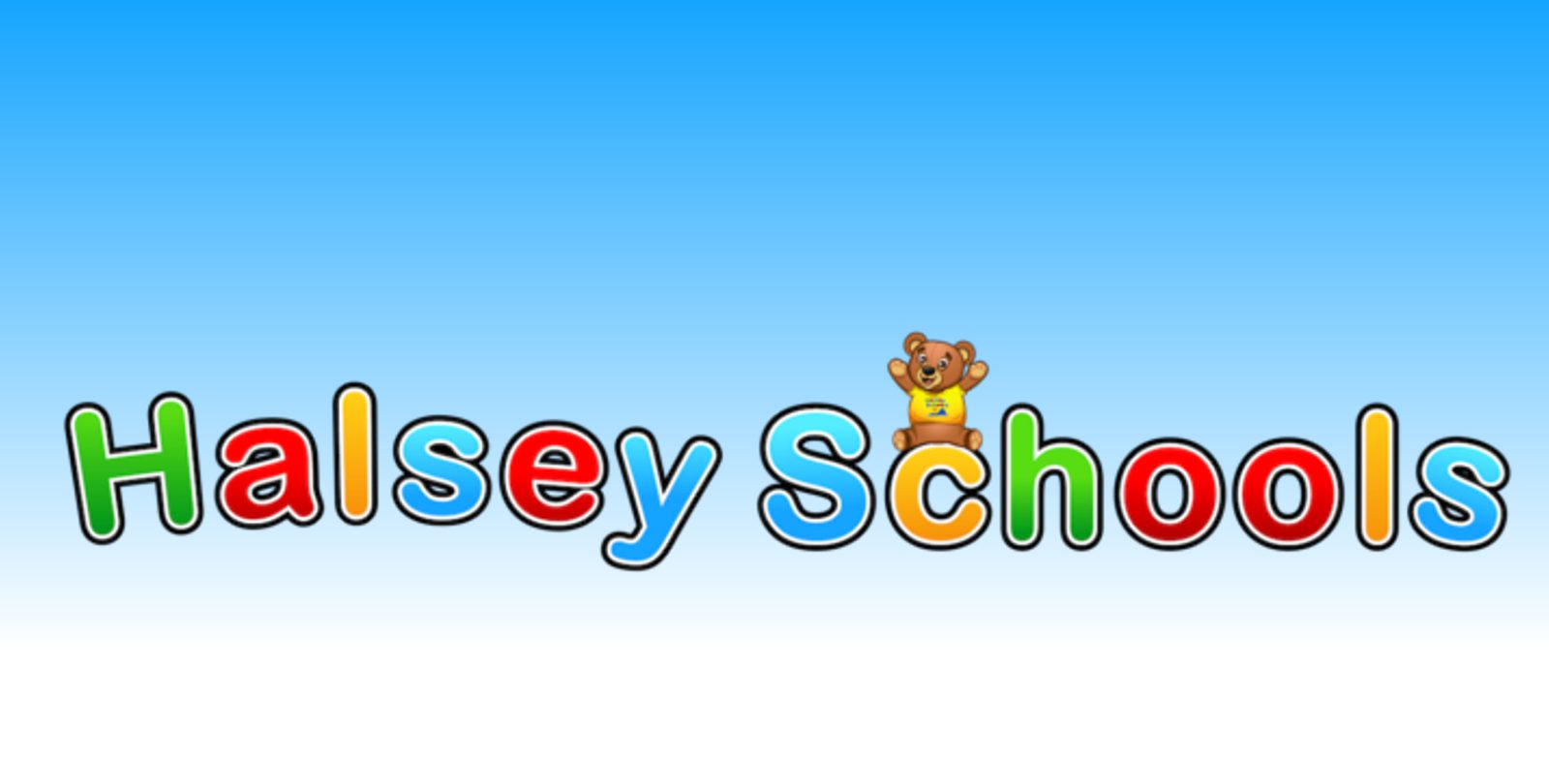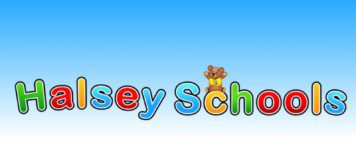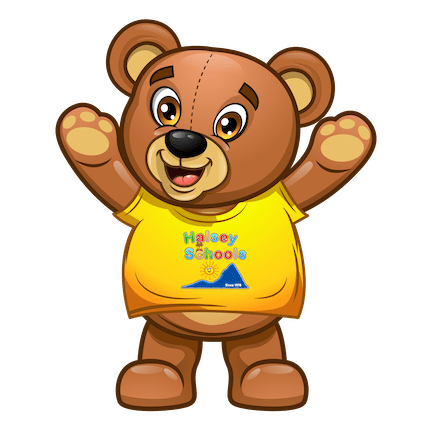Ages & Stages of Child Development
Should my son start sitting up soon? When should he drink from a cup? Start scribbling? Babbling? We all want to know our children are on the right track. At Halsey Schools we will let you know how your child is doing everyday. We will also complete formal detailed written assessments at least twice per year.
Daily Communication
We are here not only for your children but for you too. Every day:
- We will tell you every day about your child’s efforts and progress both verbally & in our daily written reports.
- We will answer any questions you have about your child’s progress & development so please ask.
- We will ask you to help our efforts at school by using positive reinforcement & discipline at home.
- We will provide additional parental resources through-out the year on our website & blog.
Written Assessments
[quote author_name=”Jenni Rice” author_description=”Director & Owner” author_image=”https://halseyschools.com/wordpress/wp-content/uploads/2013/11/Jenni-Rice-Owner-Director.jpg” size=”small” style=”solid”]
We complete detailed written assessments at least twice per year for each child to let you know how your child is developing & learning . Children develop at their own pace so the criteria we follow offers a broad age range for each milestone. Some children might reach a designated milestone at 6 months old. But others might reach it at 3 months or 10 months. [/quote]
Simple Characteristic Guidelines
The characteristics that follow are simply basic guidelines. Read or handbook or check out our calendar for upcoming teacher completed assessments.
| Ages | Characteristic or Milestone |
|---|---|
| 0 to 7 Months |
|
| 6 to 9 Months |
|
| 9 to 12 Months |
|
| 1 to 3 Years |
|
| 3 to 6 Years |
|
If you have any concerns about your child’s development, please let us and/or your doctor know.
- Happy Times November 2024 - October 29, 2024
- Ms. Tiffany - September 27, 2024
- Happy Times October 2024 - September 27, 2024




